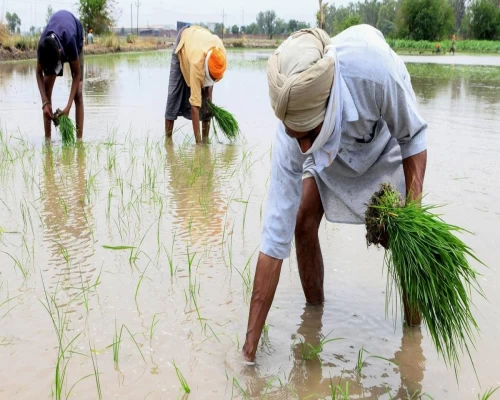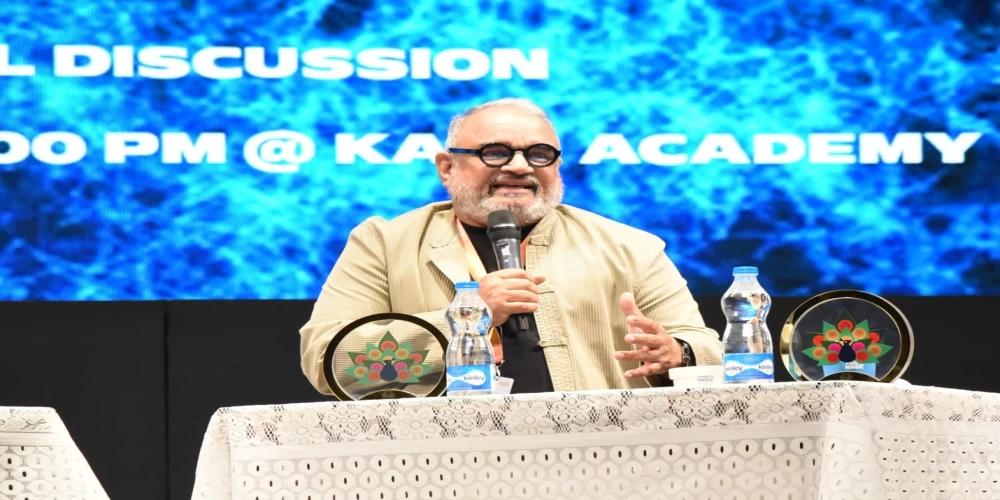
Panaji: “My father was a freedom fighter, and following his request to make the Vande Mataram song more appealing to the 90’s generation, I created the popular album ‘Vande Mataram’ by A.R. Rahman,” said noted film director and screenwriter Bharat Bala. He was speaking during a panel discussion on ‘Culture as Context for Cinematic Storytelling’ at the 55th International Film Festival of India (IFFI) in Goa. Reputed writers Sachchidanand Joshi and Amish Tripathi also participated in the discussion.
Bharat Bala said that advertising is about generating fervour and excitement for a product, and in a similar vein, he wanted to make ‘Vande Mataram’ resonate with the new generation. The ‘Vande Mataram’ album was born out of this idea, aiming to make it sound cool for young audiences.
He also shared insights on his latest project, Virtual Bharat, which chronicles India through 1,000 stories sourced from different parts of the country. He emphasised that crowdfunding films could empower the general public to decide the stories they want to see, as opposed to the traditional system where producers or directors dictate the choice of stories.
Amish Tripathi, the popular author of The Shiva Trilogy and Ram Chandra Series, remarked that films have been reflecting societal realities for decades. He pointed out that storytellers rooted in their cultural surroundings produce more authentic narratives. He criticised the Hindi film industry for underutilising the wealth of stories in ancient Indian literature, praising regional cinema for doing a better job in this regard.
Sachchidanand Joshi, the well-known writer and Member Secretary of the Indira Gandhi National Centre for the Arts (IGNCA), observed that mobile phones are gradually diminishing traditional storytelling within families, which was often passed down by elders. He noted that cinema is now picking up these extraordinary stories of common people and sharing them through films. He added that while a lack of research often hampers scripts based on classic literature, filmmakers are compensating by blending elements from various versions of the classics.
BI Bureau


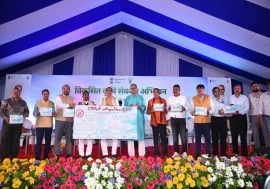
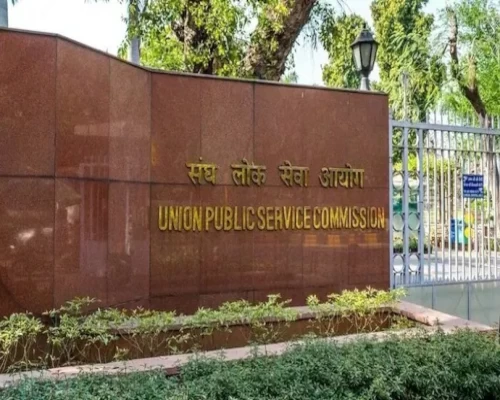


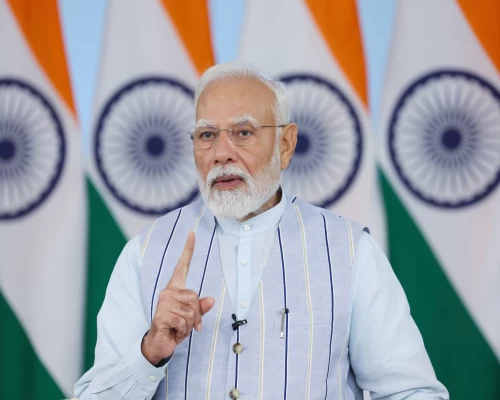
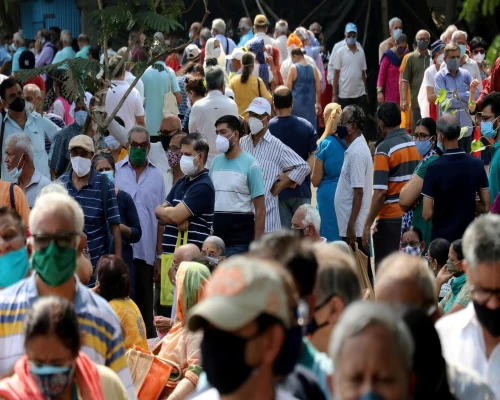

 (13)_500_x_400.webp)
